The Impact of Diet and Nutrition on Mental Health
Hey there, young explorers! Today, we’re going to talk about something that might surprise you – the connection between what you eat and how you feel.
Now, I know what you might be thinking – “What does food have to do with my feelings and thoughts?” Well, it turns out, quite a lot!
You see, your brain is like a big, powerful machine that needs the right fuel to work its best. And just like a car needs gas and oil to run smoothly, your brain needs certain nutrients and vitamins to function at its best.
When you eat a healthy, balanced diet full of fruits, vegetables, whole grains, and lean proteins, you’re giving your brain the fuel it needs to think clearly, stay focused, and regulate your emotions.
But when you eat a lot of junk food, sugary snacks, and processed foods, it can actually make it harder for your brain to work the way it should. It’s like putting the wrong kind of gas in your car – it might still run, but it won’t run as well as it could.
The Science Behind Nutrition and Mental Health
So, how exactly does what you eat affect your mental health? Let’s take a closer look at the science behind it.
Neurotransmitters and brain function Your brain is made up of billions of tiny cells called neurons, which communicate with each other using special chemicals called neurotransmitters.
Some of the most important neurotransmitters for mental health include:
- Serotonin: often called the “happy chemical,” serotonin plays a big role in regulating mood, appetite, and sleep
- Dopamine: involved in motivation, reward, and pleasure
- Norepinephrine: helps regulate attention, motivation, and arousal
In order for your brain to produce these neurotransmitters, it needs certain nutrients and building blocks from the food you eat. For example:
- Tryptophan, an amino acid found in turkey, eggs, and nuts, is a precursor to serotonin
- Tyrosine, an amino acid found in dairy, meat, and beans, is a precursor to dopamine and norepinephrine
- Omega-3 fatty acids, found in fatty fish like salmon and sardines, are important for brain function and have been linked to lower rates of depression and anxiety
Inflammation and gut health Another way that diet can impact mental health is through its effect on inflammation and gut health.
Inflammation is a normal immune response that helps your body fight off infections and heal from injuries. But when inflammation becomes chronic, it can actually damage your brain and contribute to mental health problems like depression and anxiety.
Certain foods, like processed and high-sugar foods, can promote inflammation in the body. On the other hand, foods like fruits, vegetables, whole grains, and fatty fish have anti-inflammatory properties that can help protect your brain.
Your gut, or digestive system, is also closely connected to your brain and mental health. In fact, some scientists even call the gut the “second brain” because it produces many of the same neurotransmitters as the brain, like serotonin.
The bacteria that live in your gut, known as the gut microbiome, play a big role in this gut-brain connection. When your gut is healthy and balanced, it can help regulate your mood and emotions. But when your gut is out of balance, it can contribute to mental health problems.
Eating a diet rich in fiber, fermented foods like yogurt and sauerkraut, and prebiotics like garlic and onions can help support a healthy gut microbiome and promote good mental health.
Nutritional deficiencies and mental health Finally, not getting enough of certain nutrients and vitamins can also take a toll on your mental health.
Some of the most common nutritional deficiencies linked to mental health problems include:
- Iron: low iron levels can cause fatigue, weakness, and depression
- Vitamin D: often called the “sunshine vitamin,” vitamin D deficiency has been linked to depression and other mental health problems
- B vitamins: B vitamins like folate and B12 are important for brain function and mood regulation
- Magnesium: magnesium deficiency has been linked to anxiety, depression, and insomnia
Eating a balanced diet that includes a variety of nutrient-dense foods can help ensure that you’re getting all the vitamins and minerals your brain needs to function at its best.
Tips for Eating for Mental Health
Okay, so now that we know how important nutrition is for mental health, let’s talk about some practical tips for eating in a way that supports your brain and your mood.
Eat a rainbow One of the easiest ways to ensure you’re getting a wide variety of nutrients is to eat a rainbow of fruits and vegetables. Each color represents different vitamins and minerals, so aim to include as many different colors as you can in your diet.
Some examples:
- Red: tomatoes, strawberries, red peppers
- Orange: sweet potatoes, oranges, carrots
- Yellow: squash, bananas, yellow peppers
- Green: spinach, broccoli, kiwi
- Blue/Purple: blueberries, eggplant, purple cabbage
Choose whole foods over processed foods Whenever possible, choose whole, minimally processed foods over packaged and processed foods. Whole foods like fruits, vegetables, whole grains, and lean proteins are packed with nutrients and fiber that are important for brain health.
Processed foods, on the other hand, are often high in sugar, unhealthy fats, and additives that can promote inflammation and negatively impact mental health.
Include healthy fats Healthy fats, like those found in fatty fish, nuts, seeds, and avocados, are important for brain function and mood regulation. Aim to include a source of healthy fat at each meal and snack.
Some examples:
- Salmon or other fatty fish
- Walnuts or almonds
- Chia or flax seeds
- Avocado
- Olive oil
Limit sugar and refined carbs Too much sugar and refined carbs, like those found in candy, soda, and white bread, can cause blood sugar spikes and crashes that can negatively impact mood and energy levels.
Instead, choose complex carbs like whole grains, fruits, and vegetables that provide sustained energy and fiber.
Stay hydrated Drinking enough water is important for overall health and mental function. Even mild dehydration can cause fatigue, headaches, and difficulty concentrating.
Aim to drink at least 8 glasses of water per day, and more if you’re active or in a hot environment.
Be mindful of caffeine and alcohol While a little caffeine can help boost energy and focus, too much can cause anxiety, jitters, and sleep problems. Similarly, while a glass of wine or beer can be relaxing in moderation, excessive alcohol use can worsen mental health problems like depression and anxiety.
Be mindful of your caffeine and alcohol intake, and aim to limit them if you notice they’re impacting your mental health.
Get creative in the kitchen Eating for mental health doesn’t have to be boring or restrictive! Get creative in the kitchen and experiment with new recipes and flavors.
Some fun ideas:
- Try a new fruit or vegetable each week
- Make your own trail mix with nuts, seeds, and dried fruit
- Experiment with different spices and herbs to add flavor to your meals
- Have a family cooking night where everyone helps prepare a healthy meal together
Putting It All Together
Wow, we covered a lot today! But I hope you’re feeling empowered and excited to start eating in a way that supports your mental health and well-being.
Remember, what you eat can have a big impact on how you think, feel, and function. By choosing whole, nutrient-dense foods and limiting processed and sugary foods, you’re giving your brain the fuel it needs to thrive.
And don’t forget, eating for mental health is just one piece of the puzzle. Getting enough sleep, exercising regularly, and managing stress are also important for overall mental well-being.
If you’re struggling with mental health problems, it’s important to reach out for help and support. Talk to a trusted adult, like a parent, teacher, or counselor, or consider working with a mental health professional.
Most importantly, remember that you are worthy of feeling your best, both physically and mentally. Taking care of yourself through good nutrition is a powerful way to show yourself love and respect.
So go forth and nourish your body and your mind, young explorer! Your brain (and your taste buds) will thank you.




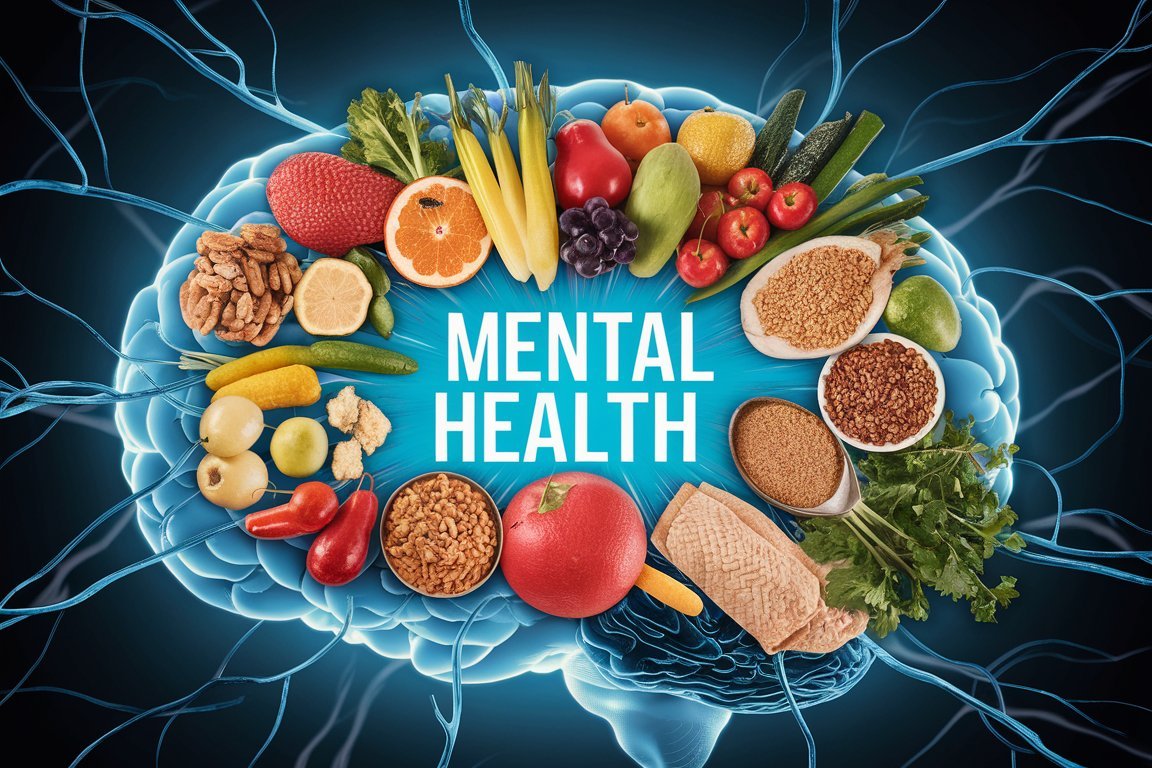




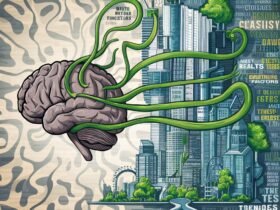
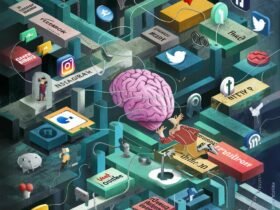
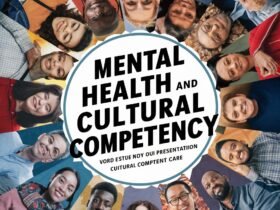
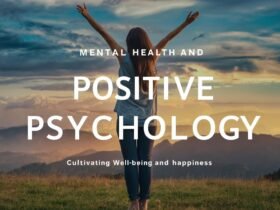
Leave a Reply